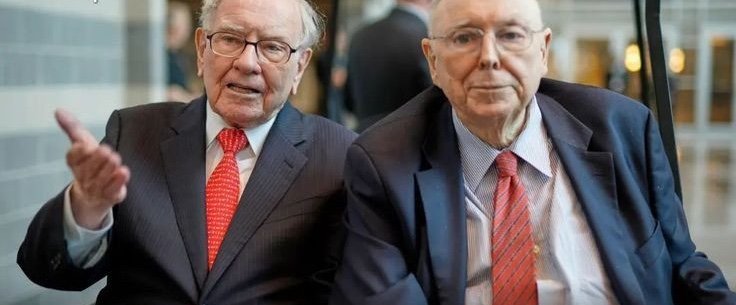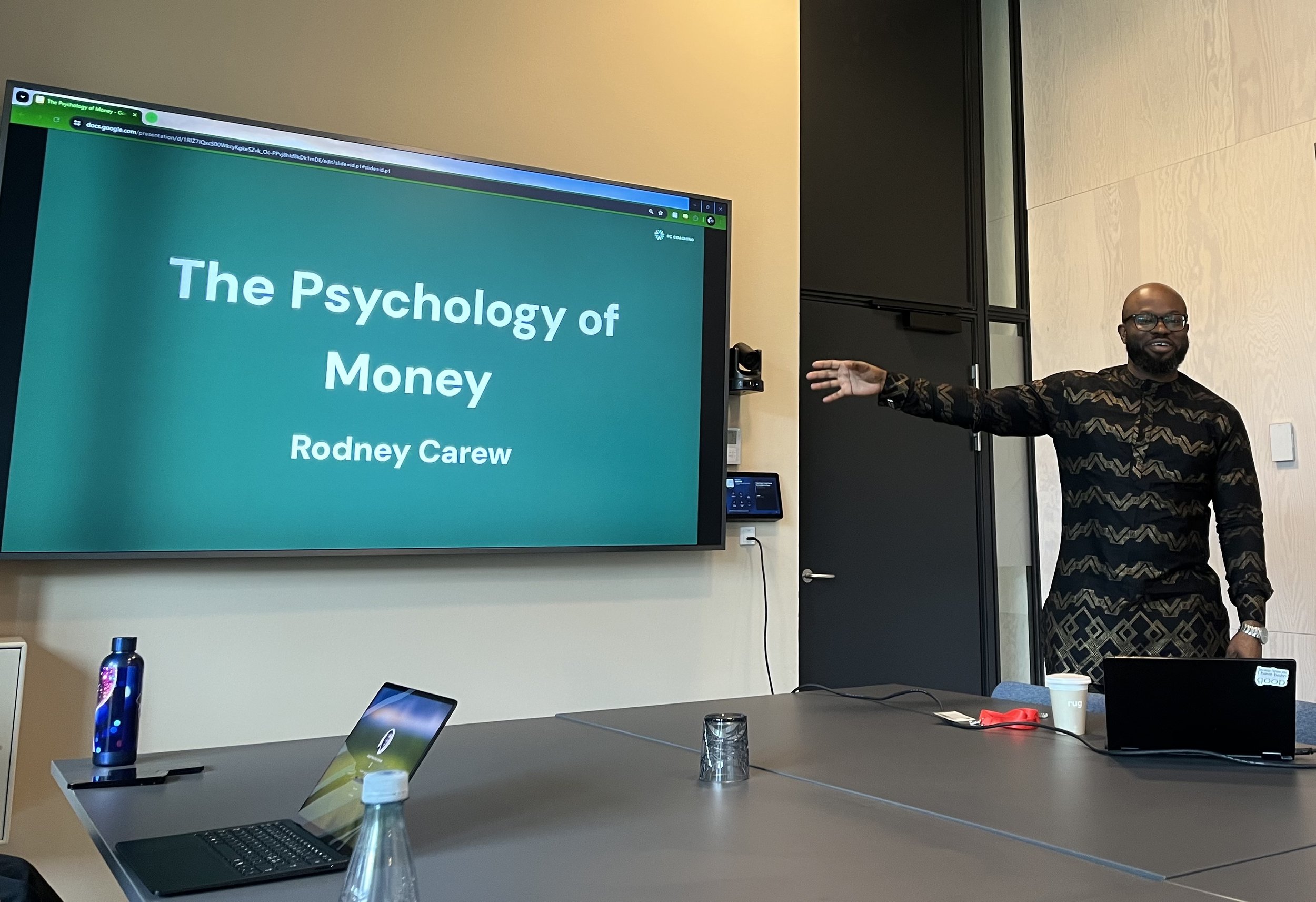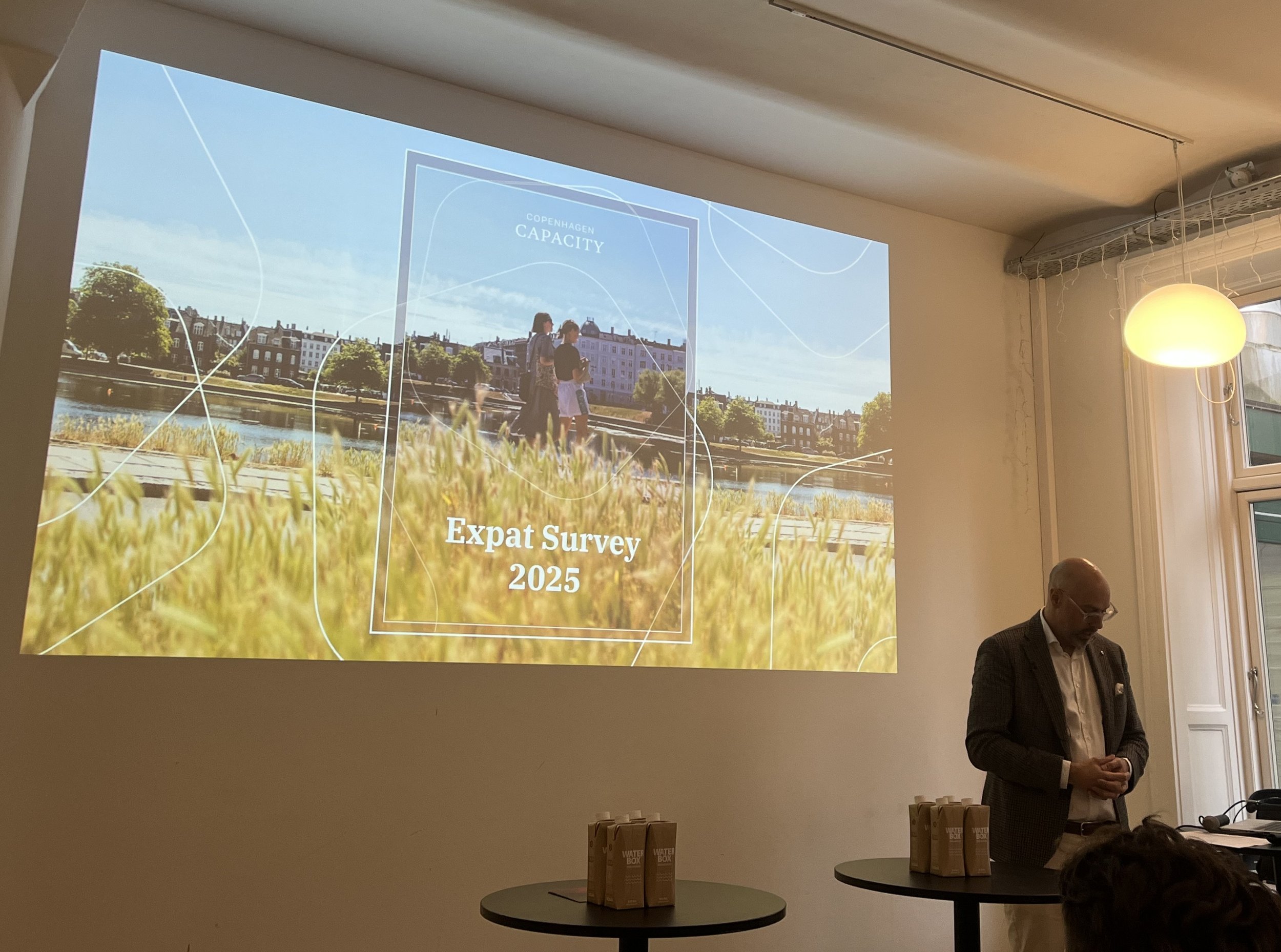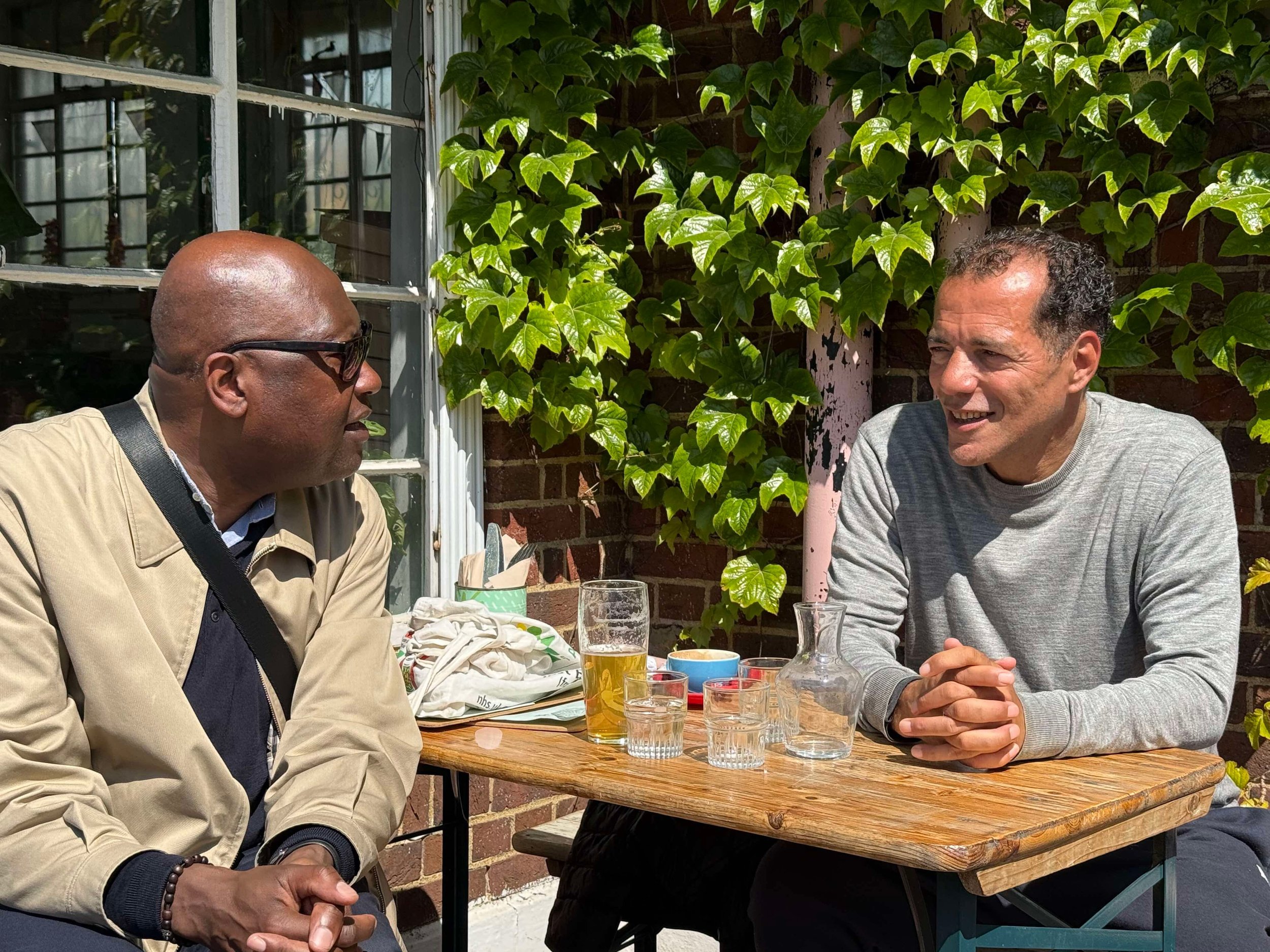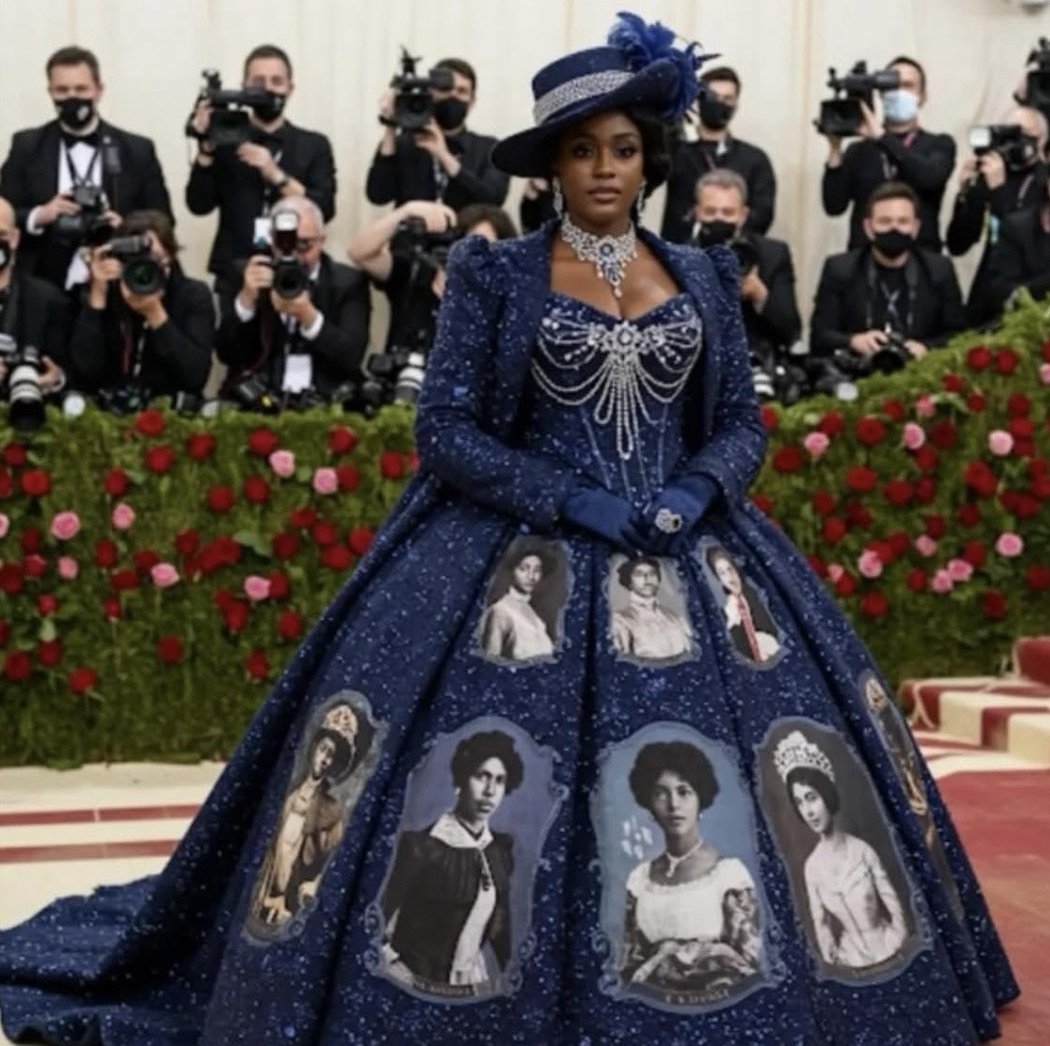I have discovered something that’s both simple and radical: the biggest shifts in business don’t always come from data, strategy, or even a brilliant product. Often, they come from noticing what others overlook, from trusting your gut when logic reaches its limits, from asking not just “What’s the answer?” but “What am I missing?” I think beneath every decision, every brand, and every market lies one powerful, often hidden variable: human behaviour.
ICF ACC
I passed the International Coaching Federation (ICF) exam and have earned the ICF ACC credential.
What does it mean?
It means that I hold the entry-level credential, signifying that I have completed necessary training, coaching hours, and mentoring, and have demonstrated knowledge of the ICF Core Competencies, Code of Ethics, and definition of coaching.
Look up
c/o Morten Vammen
If you promise to actively participate then I will promise not to waste your time. To quote William Shakespeare - "Something is rotten in the state of Denmark" - would be a disservice.
““Do well by doing better and do better by doing well.””
Rhythm versus ritual
Leadership development is often seen as a box to tick, an inspiring workshop here, a high-impact coaching session there. Research consistently shows that without deliberate follow-through, even the most well-designed training programs fail to drive lasting behavioural change. So the real question becomes: How do leaders ensure they are applying what they have learned?
I think for leadership training to stick, feedback must become part of the culture, not just an annual event. Leadership isn't about perfection, it's about progress, and therefore, progress is far easier to track when you invite honest input from those around you.
Did you know?
Some critics argue that “equity” leads to reverse discrimination, suggesting it prioritises certain groups over merit. In response to evolving conversations around diversity efforts, JPMorgan has rebranded its DEI program to Diversity, Opportunity, and Inclusion (DOI) replacing the term equity with opportunity. Despite the rebrand, JPMorgan’s employee resource groups (ERGs) will continue to focus on engagement, cultural celebrations, education, and historical observances.
From my perspective, DEI is meant for everyone. Unfortunately, it’s often misunderstood and has been mischaracterised as part of a so-called “woke” agenda. I think that organisations that truly prioritise inclusion and foster a genuine sense of belonging will remain the best places to work, for everyone.
Empathy is a key driver
No one tells you how hard it is to rewire your brain to allow amazing things to happen after experiencing so much trauma and pain. We can’t change people; we can only invite them to reflect on their behaviour. As a coach who’s human centric, I want to build a bridge towards personal perspectives of being a human-being. No one really prepares you for how challenging it is to rewire your mind to embrace possibility after living through pain or trauma.
Healing takes time, patience, and a deep willingness to imagine something better. As much as we may want to change others, the truth is, we can’t. What we can do is invite reflection, offer perspective, and lead with empathy. As a human-centric coach, my aim is to build bridges towards greater self-awareness, towards others, and ultimately, towards what it truly means to be human.
Navigating unfamiliar terrain
Being in Denmark is like being the main character in “Alice in Wonderland.” Just like Alice, I’m propelled by curiosity and an insatiable appetite for adventure. Every street, conversation, and cultural nuance here challenges me to think differently, to let go of what I knew and embrace what’s unfolding. Denmark isn’t just a place I live; it’s a landscape of puzzles, paradoxes, and possibilities. Alice has unconventional thinking and the ability to adapt to strange situations which mirrors my independent and unconventional nature.
We also belong here
When we assert our dignity, intelligence, or leadership, we are often labelled "uppity" or "difficult" which is a form of social policing meant to put us "back in our place." There are a lot of painful and persistent truths that resonates deeply with many people of colour, especially Black and brown individuals navigating spaces where systemic bias still thrives. This is why spaces that affirm our worth, celebrate our excellence, and centre our voices, for example, the Brotherhood for Professionals of Color (BPoC) are so critical. They don’t just counter the false narratives; they help us heal, thrive, and lead without apology.
““Sometimes I want to treat people how they treat me. But l can’t because that’s not my character.“”
A philosophy of becoming
Strategy isn’t just a plan, it’s a mindset.
Who is your business becoming?
Who are you becoming as a leader?
What kind of world are we heading into?
In 1997, my brother-in-law saw it coming: a more connected world, faster internet, and a willingness to trade almost anything, for convenience and connection. The big question now is: What are you seeing ahead?
The definition of wealth
We all trade in three currencies: knowledge, time and money. When we want to gain knowledge, we must invest either time or money, or both. I think of it this way:
“Once you carry your own water, you’ll understand the value of every drop.”
Learning comes at a cost and the value it returns is priceless.
Driving performance
c/o HBR.org (PM Images/Getty Images)
Translating performance into metrics doesn’t always lead to the kind of breakthrough growth organisations are aiming for. There’s an important distinction between a performance culture and a growth culture. In many workplaces, performance culture is celebrated and often, it shows up as checklists, operational KPIs, and a strong focus on sticking to the plan. While that can drive consistency, it may also limit innovation and agility. I think in today’s rapidly changing world, what most organisations truly need is a growth culture, one that embraces change, encourages experimentation, and views adaptability not as a risk, but as a strength.
Plan for change
How often have you been in a meeting that started with the question, “Are we on track to fulfil our plan?”
In many organisations, governance structures reward sticking to the plan. What if the plan is no longer fit for purpose? It’s not that the original plan was wrong, it was mave been the right approach based on what we knew at the time, but circumstances change. I think real leadership lies in recognising when to adapt. The ability to shift course in response to new information isn’t a failure of planning, it’s a sign of maturity, agility, and good judgement.
Blushing on Friday
I received the below testimonial from a young man from the Brotherhood for Professionals of Color (BPoC). I am extremely humbled and grateful for the kind words.
““You are an inspiration in your ability to navigate the delicate balance between integrating into Western culture and staying grounded in the core essence of what it means to be a Black man. Your journey reflects both strength and authenticity, showing that embracing one world does not require the erasure of another.””
Think differently
Coaching is really just a way to get more out of yourself than you might be able to on your own. It’s like having someone in your corner who helps you see things differently, stretch a bit further, and show up more fully. You can think of coaching as happening on three levels:
1. Performance Coaching
This is about helping you show up at your best in the moment. Maybe it’s prepping for a big meeting, making a tough decision, or managing your energy under pressure. It’s focused on what’s right in front of you and how to handle it well.
2. Life Coaching
This zooms out a bit. It’s about helping you navigate the bigger picture—work, relationships, goals, balance. It’s about asking, how do I get the most out of myself across the whole of my life?
3. Transformational Coaching
This goes even deeper. It’s a more meaningful conversation about who we are, how we see the world, and what really matters. It’s less about solving problems and more about shifting perspectives and growing into a truer version of yourself.
One step beyond
Through my coaching education, I have learned to move away from the instinct to fix or solve problems, and instead embrace the role of a true partner, one who focuses on drawing out insights that clients already hold but may not have thought to bring into the coaching conversation. I have developed a strong ability to connect the dots, identifying what’s necessary in the moment. And I also know how to stay present in the dialogue until every participant has fully expressed their needs and desires. Connect with me via email if you are a leader, manager or senior executive who’s looking for a thinking partner who listens deeply, challenges constructively, and helps you tap into your own clarity and wisdom.
Adapt with confidence
In today’s coaching landscape:
• Those who adapt, thrive
• Those who execute, win
• Those who wait, get left behind
I think when leaders grow, their teams thrive, so the question isn’t if disruption is coming, it’s whether you are ready to capitalise on it. Send me an email and let me know what you think.
Economic life lessons
The wealth-building strategy is simple: buy assets at a low price, hold them as they appreciate in value, and then borrow against their increased worth because loans are not taxable. Use the borrowed funds to purchase additional cash-flowing assets. The income from those new assets is then used to repay the loan. Here’s the key: never sell your original investments. Instead, take out a life insurance policy that matches the amount of debt owed. When you pass away, the tax-free insurance payout covers the debt, and your heirs inherit the original assets completely tax-free and debt-free. This is how wealthy individuals build and preserve generational wealth. I recommend you learn this buy low, sell high and never sell your assets strategy.
““A wise man can play the part of a clown, but a clown can’t play the part of a wise man.””
The future is bright
The education system is filled with good people who care deeply, but it’s still shaped by a legacy built for another era. Its foundations were laid by industrialists who needed obedient, factory-ready workers and that legacy is hard to escape. To create real change, we need to teach resilience and most importantly, we must nurture curiosity. If we can inspire a generation to believe in their power to act, to question, to create, I think the necessary tools and opportunities will follow.
What to do?
Strategy isn’t just a plan, I think it’s a way of thinking, a philosophy of becoming. It starts with powerful questions: Who do you want to become? What kind of world are we helping to shape? Back in 1997, my brother-in-law predicted that the world would become more connected, that internet speeds would accelerate, and that people would willingly trade many things for convenience and connection. He wasn’t wrong. Strategy lives in that kind of foresight, seeing where the world is going and choosing who we want to be as it unfolds.
Strong women
Strategy is about clearly defining the change we want to make in the world and identifying the tools and capabilities we have to make that change happen. It also involves understanding how we can leverage time, systems, and even elements of play or gamification to support people in achieving their goals. I think that when we have clear answers to these questions, marketing becomes a much more straightforward task.





